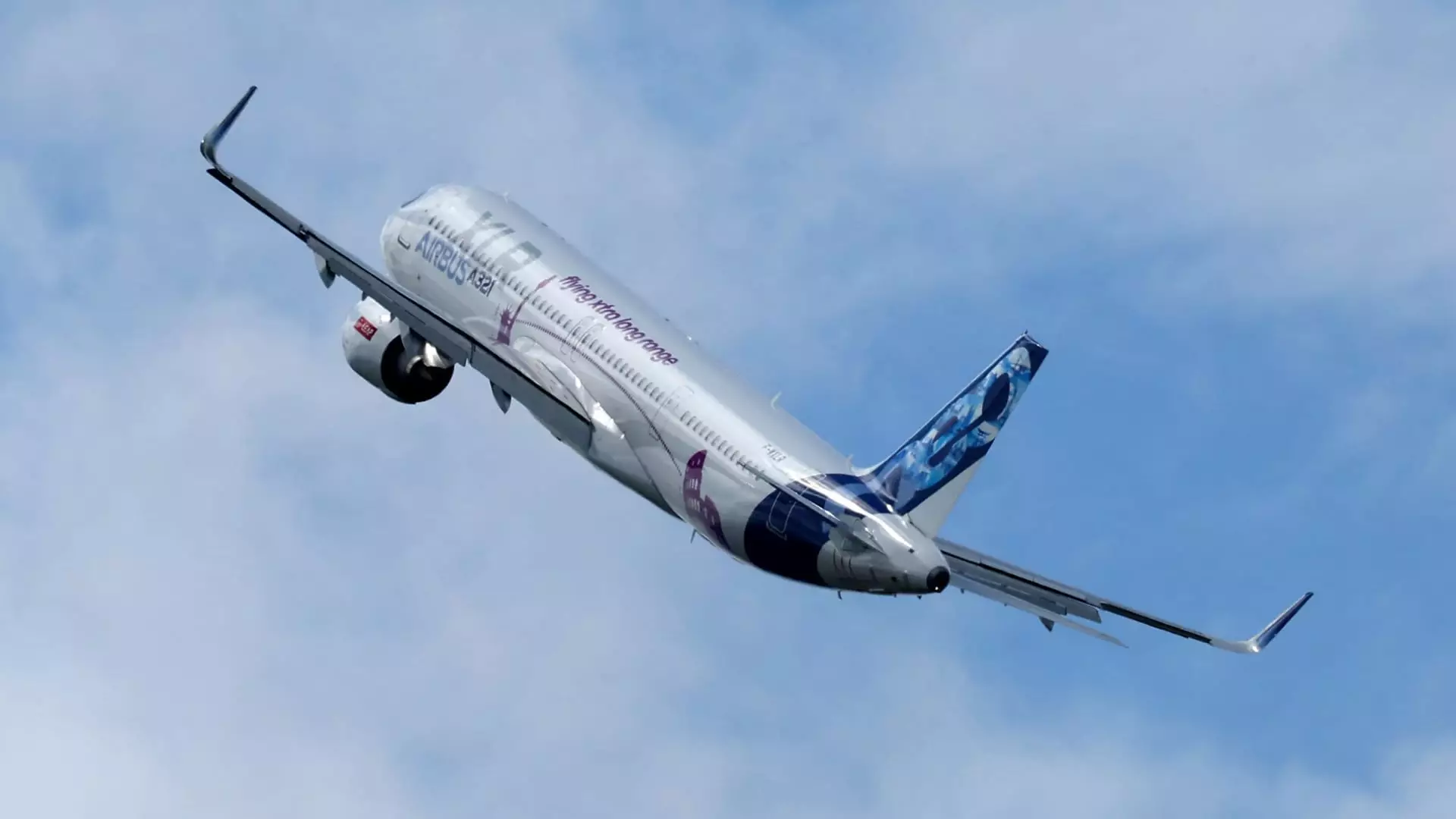The airplane industry, which usually sees massive orders at air shows, faced a different scenario at this year’s biggest airshow. With the focus shifting to the challenges Boeing and Airbus are facing in ramping up airplane production post-pandemic, the industry is grappling with production delays and output fluctuations. Analysts predict that issues such as training new workers will take years to rectify, leading to ongoing challenges for airlines, suppliers, and manufacturers themselves. This situation has resulted in a shortage of new, more fuel-efficient planes, exacerbating the problems faced by the industry.
Expressing disappointment in the delays and unpredictability in production timelines, Ihssane Mounir, Boeing’s senior vice president of global supply chain and fabrication, acknowledged at the Farnborough Airshow outside London that commitments to supply base and airlines had not been met satisfactorily. This sentiment highlighted the need for improved planning and execution to meet industry demands effectively.
Upcoming quarterly reports from Airbus and Boeing are eagerly awaited to understand the production outlook in the coming months. Wall Street analysts anticipate another loss from Boeing for the second quarter, while Airbus has already revised its delivery targets for the year. At the airshow, Boeing secured 96 orders and commitments, while Airbus lagged significantly with only 266 orders, compared to the previous year’s Paris Air Show figures. This highlighted the subdued market demand amidst production challenges faced by both manufacturers.
Both Boeing and Airbus find themselves struggling to meet the market demand for narrow-body jets like the Boeing 737 Max and Airbus A321neo, resulting in substantial backlogs for both manufacturers. Supply chain issues further compound the problem, with shortages in critical components like landing gear, engine parts, and premium cabin interiors affecting production timelines. This has not only delayed deliveries but has also led to dissatisfaction among airline executives expecting more fuel-efficient aircraft.
To tackle the supply chain issues, Airbus is adopting a more hands-on approach by deploying supply chain engineers to work closely with suppliers. Similarly, Boeing is working on resolving safety concerns that have slowed down production, along with ramping up efforts to train new workers to fill the skills gap left by experienced staff who exited during the pandemic. The industry recognizes that retraining workers and resetting wages are crucial steps towards ensuring a sustainable workforce in the aerospace sector.
Recognizing the complexity of training new workers who are unfamiliar with the aerospace field, both Boeing and Airbus are investing in programs to develop skilled employees. With the realization that it will take several years to address these challenges effectively, the industry is gearing up to enhance training programs and attract talent by offering competitive wages. This shift towards investing in the workforce reflects a long-term commitment to resolving production delays and meeting market demands efficiently.

